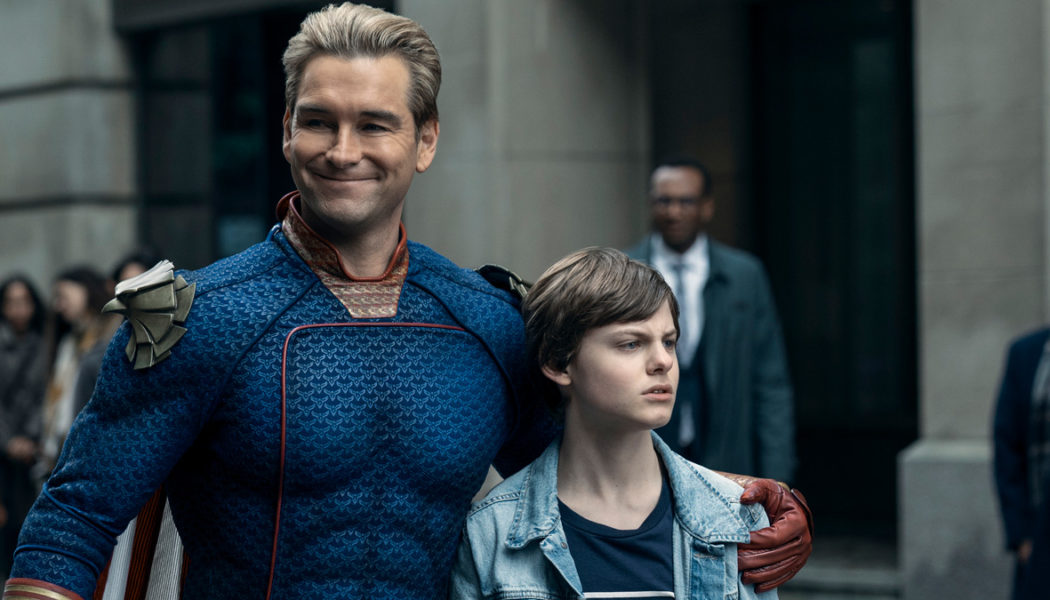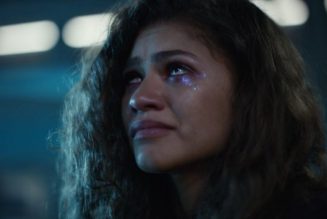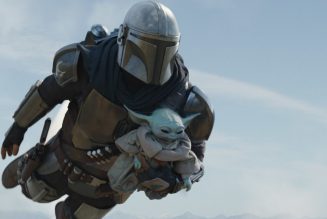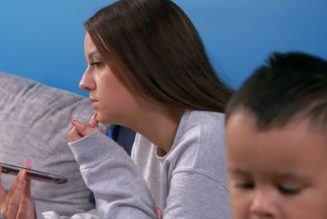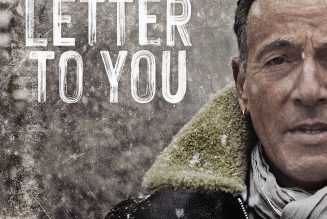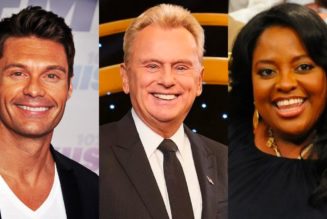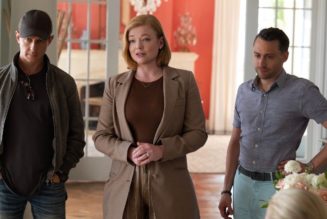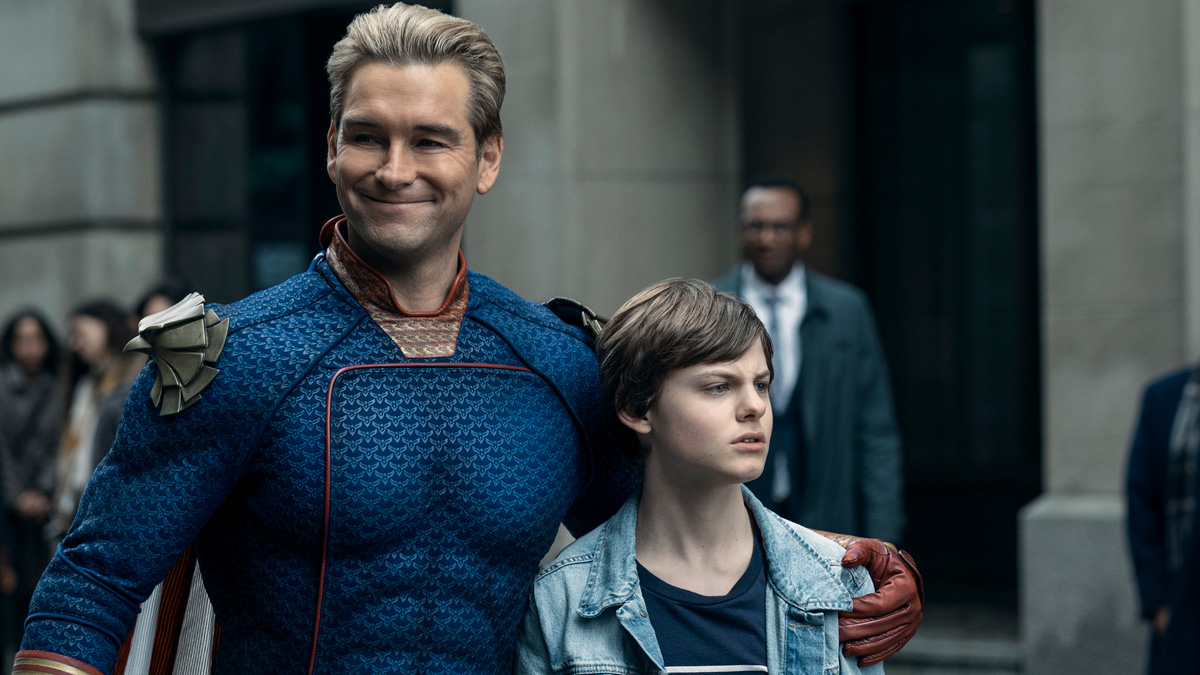
The best new character in The Boys Season 4 isn’t a hero; she’s a genius. When introduced in the first episode, Sister Sage (Susan Heyward) is enjoying a quiet life out of the spotlight — perhaps because, as the world’s most intelligent person, she knows no good can come from getting engaged in the mess that is the world today. Until, that is, Homelander (Antony Starr) shows up with a proposition to help him change things… and she’s on board.
This kicks off the show’s most political and thoughtful season yet, as creator Eric Kripke’s mayhem-infused superhero satire builds on Season 3’s allegories while remaining committed to a pretty nihilist worldview. Over the course of these eight episodes, the show’s writers once again new and inventive ways to ruin the human body, while the show’s overall body count grows exponentially — including a few characters who might have seemed relatively safe, at one point.
The new season picks up not too long after the end of Season 3, with secret supe Victoria Neuman (Claudia Doumit) now in the running to become Vice-President of the United States and Homelander in more control over the Vought Corporation than ever before. The good news for the titular Boys is that Annie (Erin Moriarty) is now a full-fledged member of the team — the bad news is that Butcher (Karl Urban) has become even more volatile. (Then again, if you had just gotten a terminal diagnosis and the super-powered kid your dead wife begged you to take care of was now living full-time with his psychopathic father, you’d probably be a little on edge as well.)
Related Video
Key to this season’s depravities is the question of control and power, as some characters have become quite twisted by the madness of past events, in ways that Season 4 explores to an unanticipated degree. One of the show’s greatest strengths, in fact, is the way that we’ve been able to see certain people change over the years — as one example, Ashley (Colby Minifie) has evolved from a once hapless Vought assistant to one of the show’s most terrifyingly unpredictable characters, with a nasty streak that feels forged in the fire of too many insults from Homelander.
Another key aspect of the fourth season is the way it reflects the ever-expanding universe of the franchise, which is another way of saying that if you skipped the first season of spin-off series Gen V, you might want to fix that before watching, as the major arc of that season plays a significant role here. The writers are careful to ensure that Season 4 will still make sense even if you didn’t party with the college kids of Godolkin University — but having watched those episodes still makes for a richer experience this season, especially when a few characters cross over.
The show’s cast remains solid, with Frenchie (Tomer Capone) getting a more significant plot arc than in seasons past, Kimiko (Karen Fukuhara) opening up more than ever before, and Erin Moriarty getting some meaty scenes towards the later half of the season. Beyond Heyward’s Sister Sage, other newcomers to the series include Valorie Curry (a Prime Video superhero alumnus, after appearing on The Tick) as Firecracker, an intensely right-wing supe who, if she lived in our reality, would be more than happy to tell you where she was on January 6th, 2021.
Season 4 suffers, unfortunately, from some choices that lean too hard on too-tired tropes — to go into details would constitute going into spoilers, but more than one twist is pretty predictable, based solely on the fact that we’ve seen it before. These moments don’t detract too much from the overall narrative, but it’s always a bit baffling, when a show that’s overall so inventive delivers a plotline that hasn’t felt original since the dawn of the 21st century; some of these moments feel like they’re taking place on a totally different series.
Still, when The Boys is leaning hard into its capacity for blood-soaked mayhem, it remains a wild ride that has only gotten savvier over the years. In 2019, I reviewed the first season as a freelancer for The AV Club, and my primary takeaway then was that while the show’s approach to satirizing superheroes was a good time, the show itself didn’t add much to past examples of genre deconstruction, like Alan Moore and Dave Gibbons’s Watchmen.
What’s changed since Season 1 is that while the cheeky nods to superhero culture remain present, The Boys has evolved into a show remarkably well-positioned to comment not just on pop culture, but on society at large.
It’s not just our (perhaps flagging) fascination with capes and tights that’s being targeted by the show — the world of The Boys is one where division and hatred have a tight hold over the discourse. Which is to say, it doesn’t feel all that far away from today, while offering some foreboding predictions for the future ahead of us and no easy answers as to how to avoid it. Instead, it serves as a reminder that human beings, super-powered or not, have always contained the makings of their own destruction. And no one is coming to save us.
The Boys returns for Season 4 beginning Thursday, June 13th on Prime Video.
